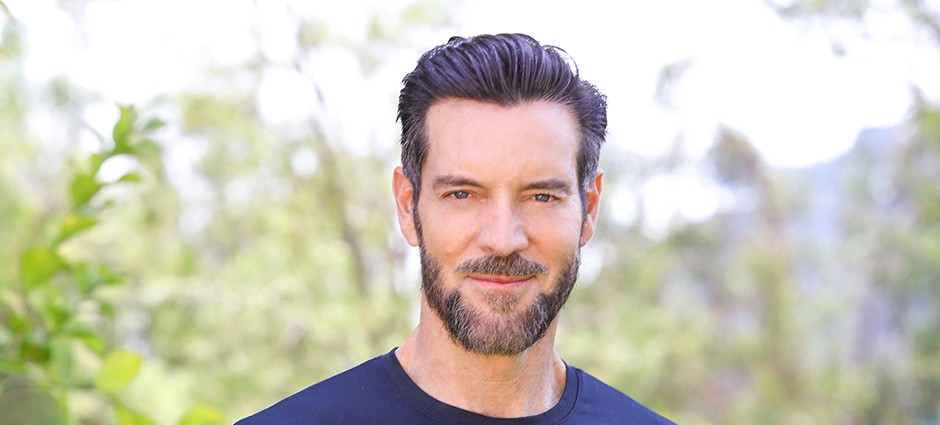He is best-known as the creator of the best-selling P90X workout series. But Tony Horton is also a motivational speaker and best-selling author. We caught up with him to learn what wellness means and how people can get started on a healthy workout path.
What does the term “wellness” mean to you?
The definition of “wellness” is multifold in my opinion. Genuine “wellness” can only be achieved when your physical, mental and emotional states are all aligned in a fit, healthy, happy and robust way. I’ve found that wellness is less of a static state of being but rather an active daily pursuit. True wellness, in my opinion, is dependent on a consistent practice of mindfulness, fitness, and conscious choices around food and nutrition.
Please share how you incorporate this into your life and the importance for everyone to incorporate it in some way.
Mindfulness is a subtle and yet powerful practice or state that teaches us to be more calm, aware and in the present moment. Yoga, prayer, nature walks, meditation, etc. are techniques we can all use to access a deeper state of mindfulness, and they are excellent ways to ground ourselves in the present moment, find a respite from the chaos of life and the “noise” in our heads and re-center ourselves. Today, whenever I feel nervous, tired, anxious, angry or stressed out, I pause and meditate for 5 to 10 minutes. I believe that health and happiness begin with a strong consistent mindfulness practice.
Exercise is, of course, a big priority for you. Can you share some tips for someone who is just wanting to start or get back into an exercise program?
Here are 5 key things everyone needs if they want to be successful long-term when it comes to their health and fitness.
1. Purpose: We hear this all the time, but you can’t deny its importance if you really want to change your life. You need a strong sense of “why.” I tell folks to put scales and after-photos on the bottom of their list and place feeling good, sleeping better, happiness, productivity and quality of life at the top of their list, because those are the things you get after every workout.
2. A Clear Plan: Carve out and schedule all of your workouts in advance. Prioritize your training sessions, workouts and exercise classes every week, and every month, just like you do everything else that’s important to you. Schedule a time of day 5 to 6 days a week for every workout, and chances are you’ll show up more often than not.
3. Accountability: Don’t keep your purpose and plan a secret. Tell the world you’re on a mission, and invite friends, family, neighbors, and co-workers to join you. When you rely on others, and they rely on you, you’ll train harder, stick with your plan, and get better results.
4. Variety: You can’t do the same workouts and routines week after week and expect spectacular results. Variety is the spice of fitness. Try new classes, get outside of your comfort zone, buy P90X or subscribe to NEXT LEVEL, whatever it takes to force you to work on your weaknesses as much or more than your strengths.
5. Intensity: Most of us are 10 times tougher than we think we are. Real change comes from pushing ourselves hard enough to feel it the next day. If you’re never a little sore, then very little will change. This does NOT mean you need to exercise so hard that you injure yourself in the process. It’s important to find that line for yourself without going over it so you can come back another day. Sore muscles good, sore joints bad.
You’ve written several fitness books. What inspired you to write your latest book The Big Picture?
I wrote The Big Picture because I wanted to give people the intel required, along with a clear plan, to change who they are. People who struggle with their weight and fitness don’t often have the proper mindset to be successful long-term. Getting fit and healthy requires much more than choosing a gym or program and hoping it all turns out okay. Embarking on a lifestyle change requires a decisive physical, mental and emotional commitment. Real change for a person with a history of poor dietary choices and little or no exercise requires a substantial amount of new information to be successful. Personal development is critical for success when it comes to getting healthy and losing weight.

